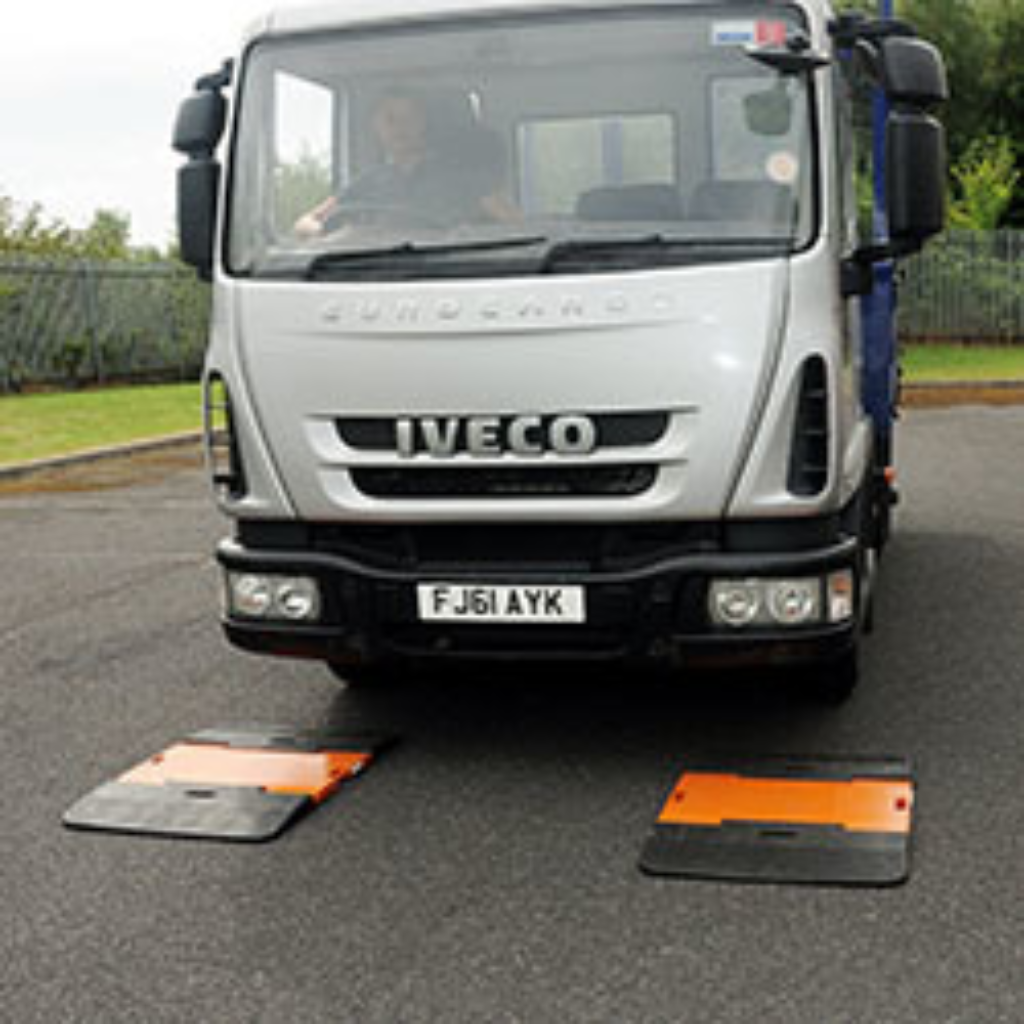What Is a Healthy Weight for My Horse?

When delving into the world of animal weights and veterinary scales; if you’re wondering what a healthy weight for your horse is, there are a few factors you should consider.
As you’ll be aware, horses come in a range of sizes, from miniature horses to draught horses, and the ideal weight will depend on breed as well as age.
A horse’s body weight can be calculated by using a weight tape to measure around the horse’s girth area. Take a look at the table below for an approximate guide to a horse’s body weight by height and discover a healthy weight for your horse.
Healthy Horse Body Weight Chart
A horse's height is measured in ‘hands’ which is a non-SI unit of measurement and the equivalent to around 4 inches or 10.2cm. It is used in the majority of English-speaking countries including the UK, USA, Ireland, Canada and Australia.
How to Calculate Your Horse’s Weight
It is also possible to calculate the weight for your horse using the following formula developed at a Texas University.
(heartgirth x heartgirth) x body length ÷ by 330 = weight of the horse in pounds (lbs)
To find out the heart girth measurement, measure around the horse’s girth from the highest point to the wither just behind the elbows using a measuring tape. To find out the body length measurement, measure from the point of the horse’s shoulder in a straight line to the point of the buttock. To convert the results from pounds to kilograms, simply divide the figure by 2.2.
Typically, platform scales are used to weigh horses, or weighbridges. Marsden supplies a wide range of platform scales with different capacity and graduation options.
Alternatively, Marsden weighing scales can be built to order, like this horse and cattle weighing scale. Or, truck scales can be used should you wish to weigh a horse in a horsebox. This can be done quickly and easily using our high capacity axle weigh pads.

Is My Horse Overweight?
If you know the signs, it is possible to determine if your horse is overweight by visual observation and a few simple checks.
If it is difficult for you to feel your horse's ribs between the girth area and loins, then your horse may be overweight. Overweight horses may also have a hard crest or lump of fat at the top or along the side of its neck where it meets the mane. Some overweight horses also have a dip along the spine.
Very overweight horses may also develop fat pads on the side of the tail head, and behind the elbow resulting in little muscle definition. A ‘hay belly’ may also be an indicator of an overweight horse. Some breeds such as quarter horses are known as ‘easy keepers’ and can easily become overweight.
If your horse is not a healthy weight, they may be at risk of health conditions such as laminitis and EMS. Excess fat can also cause joint strain, cardiovascular problems, and fertility issues.
Is My Horse Underweight?
It is also possible to observe if a horse is underweight as they appear bony and lack real muscle definition, unlike a fit racing horse. Your underweight horse may appear gaunt, with visible ribs and sunken haunches.
Some underweight horses may also appear ewe necked. Issues such as lack of food, illness and stress can all cause unhealthy weight loss in horses. Some breeds, such as Thoroughbreds and Arabians, are known as ‘hard keepers’ and can easily become underweight.
A horse at a healthy weight will have ribs that can be felt but aren’t visible, have visible muscle definition and an overall smooth appearance. To maintain a healthy weight, a horse should eat 1 to 2% of its body weight every day.
For accurate readings when weighing small to medium-sized animals, take a look at our range of Marsden Veterinary Scales.
Related Products
Further Reading
54% of pet owners do not weigh their pet at home; take a look at which weighing scale is best for your pet.
We’ve collated some of the best weighing scales for farms in our blog post Buyers’ Guide: Weighing scales for farms.
Find out What is a healthy weight for my dog? or discover What is a healthy weight for my cat?